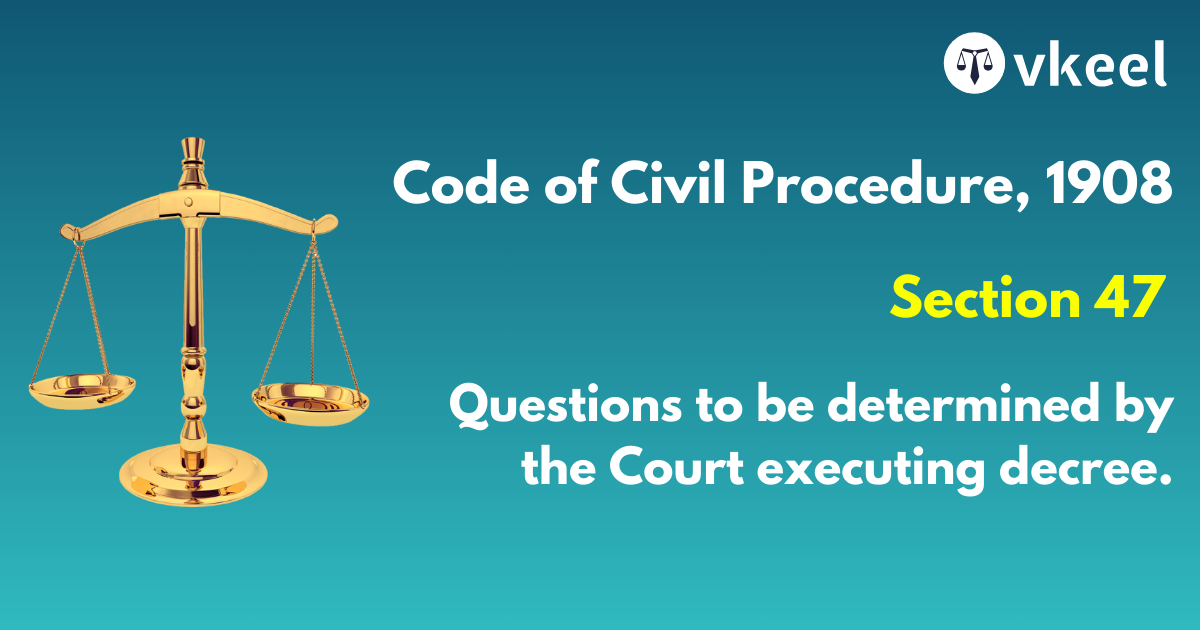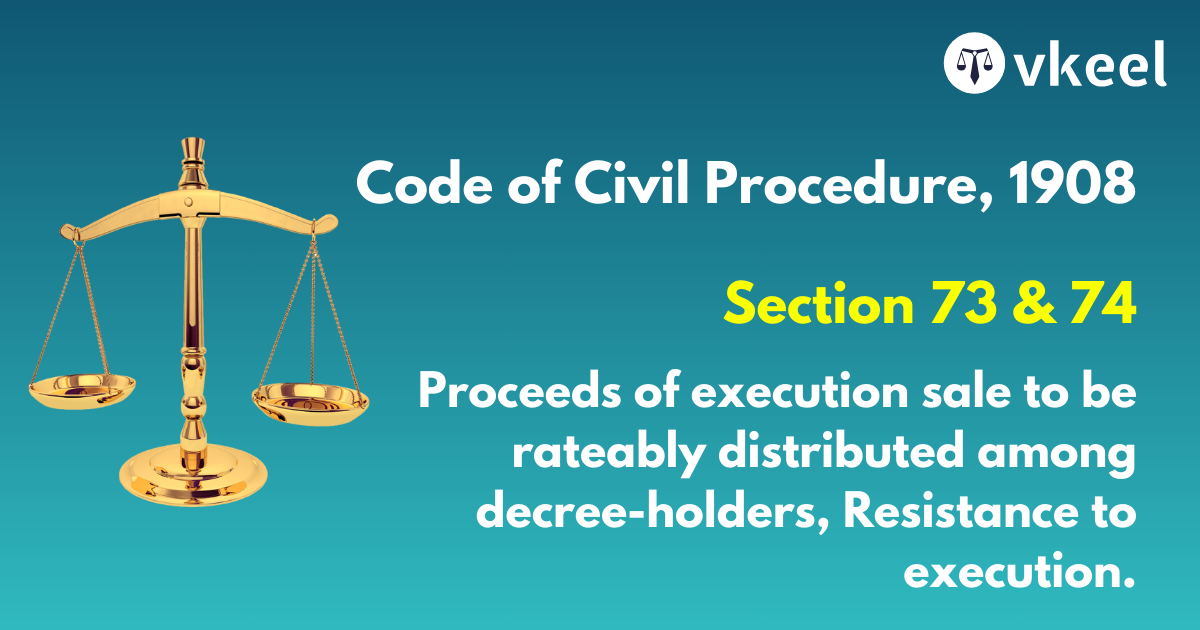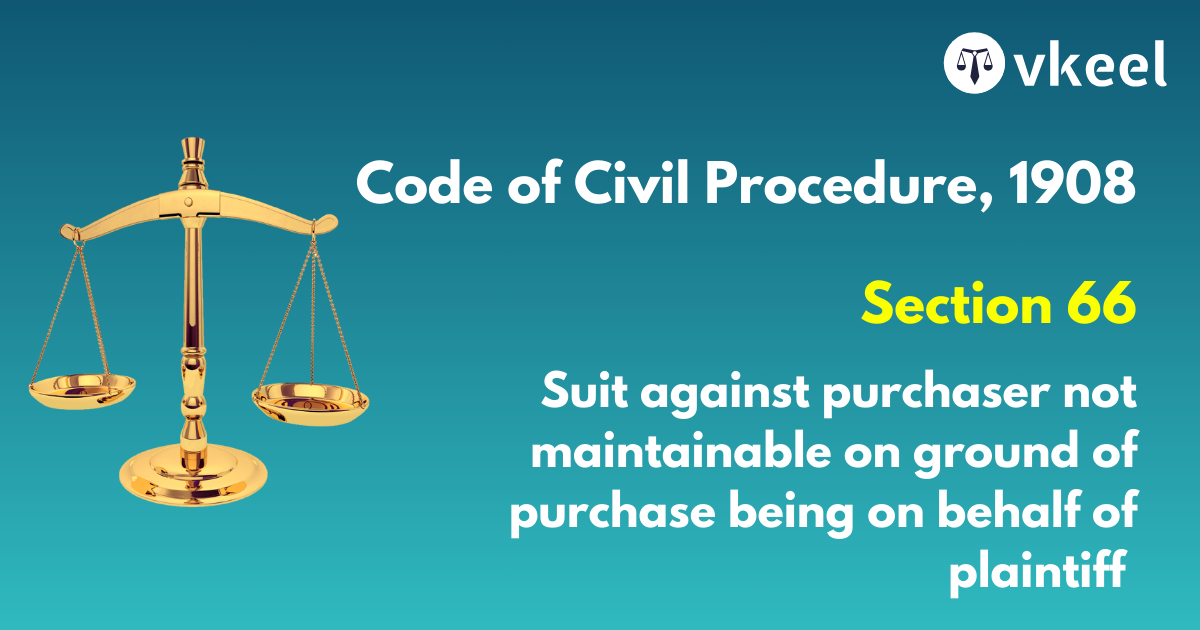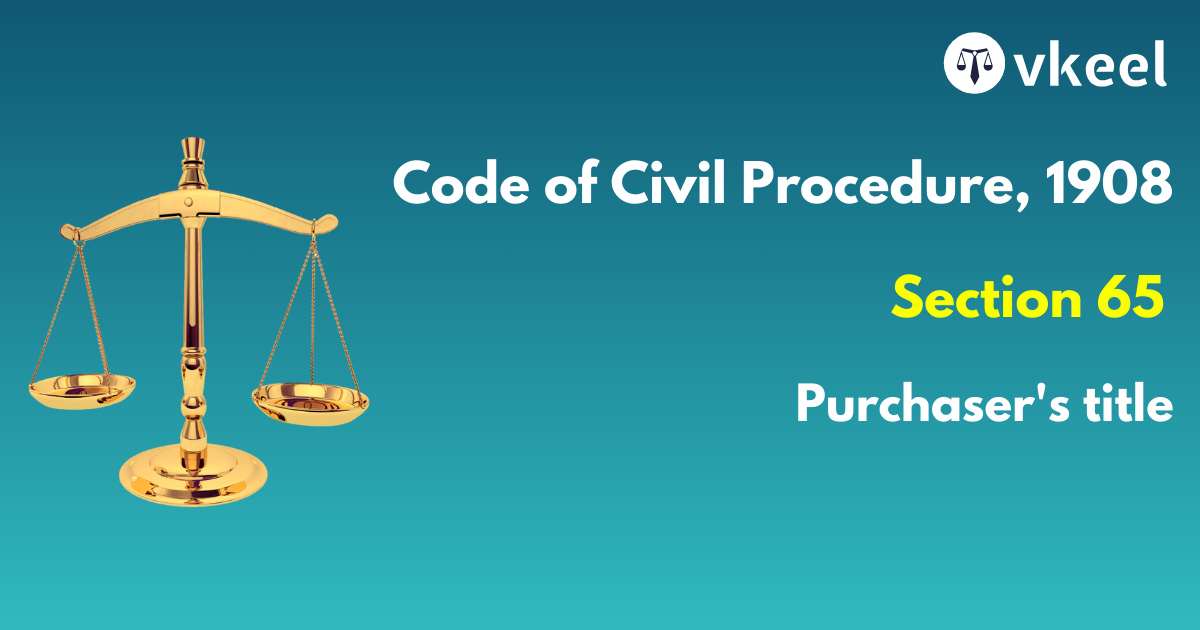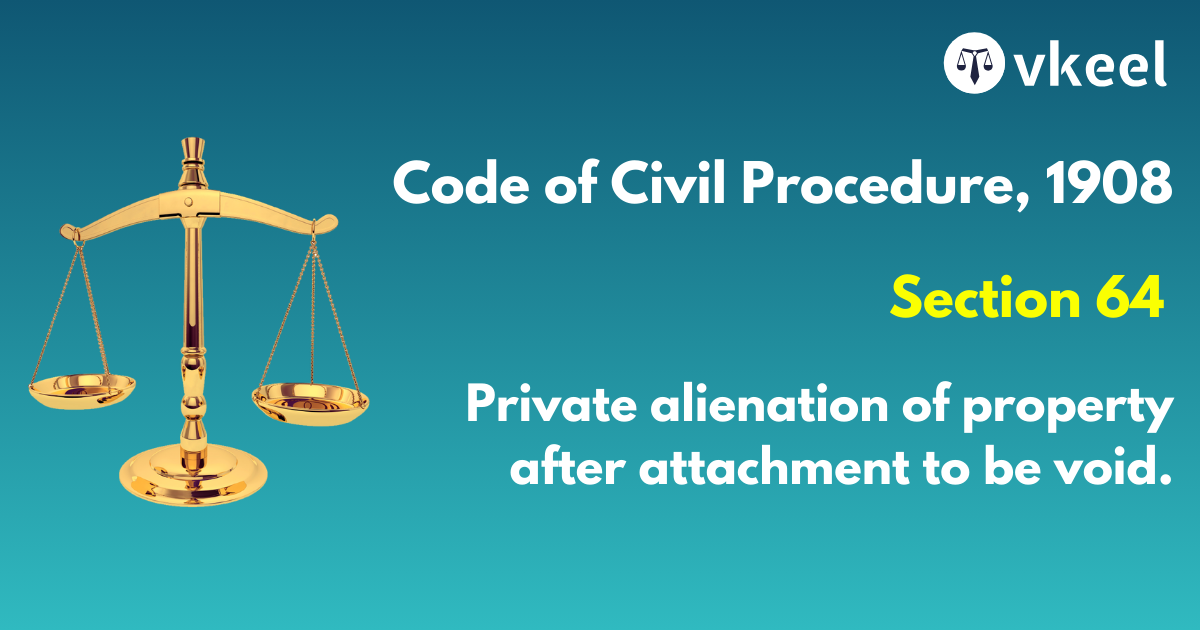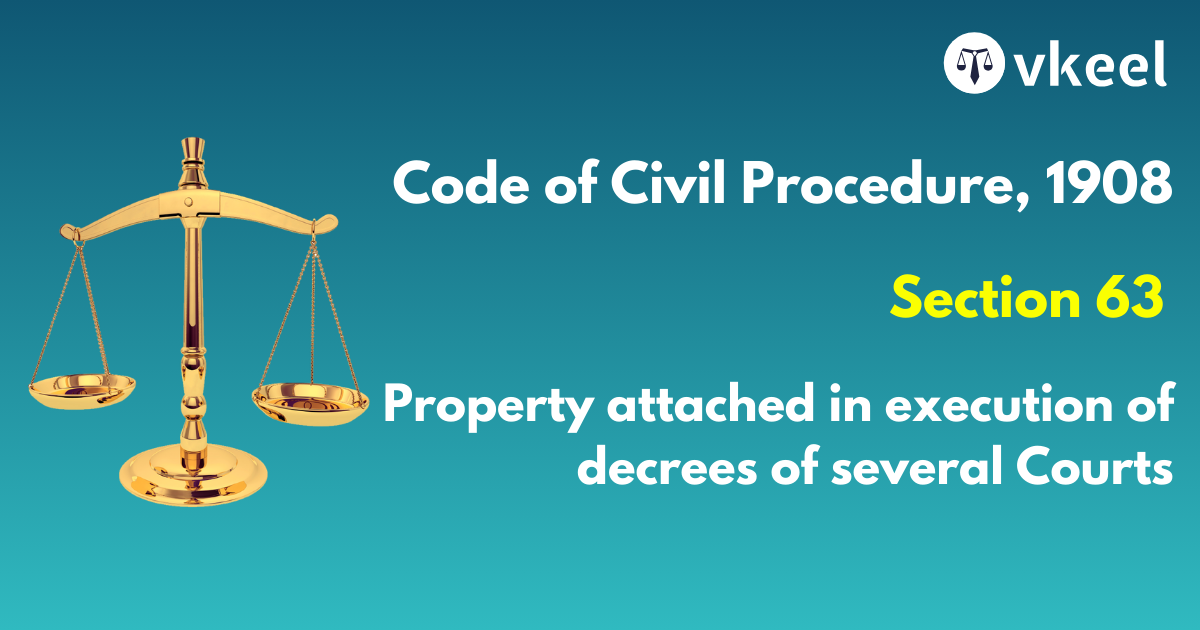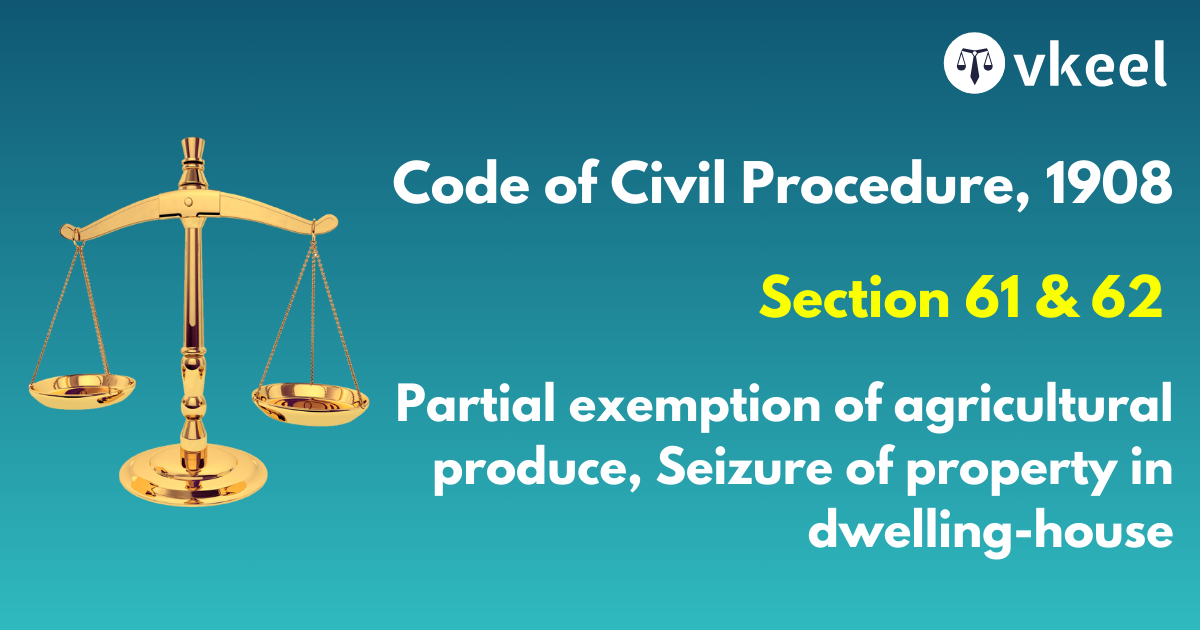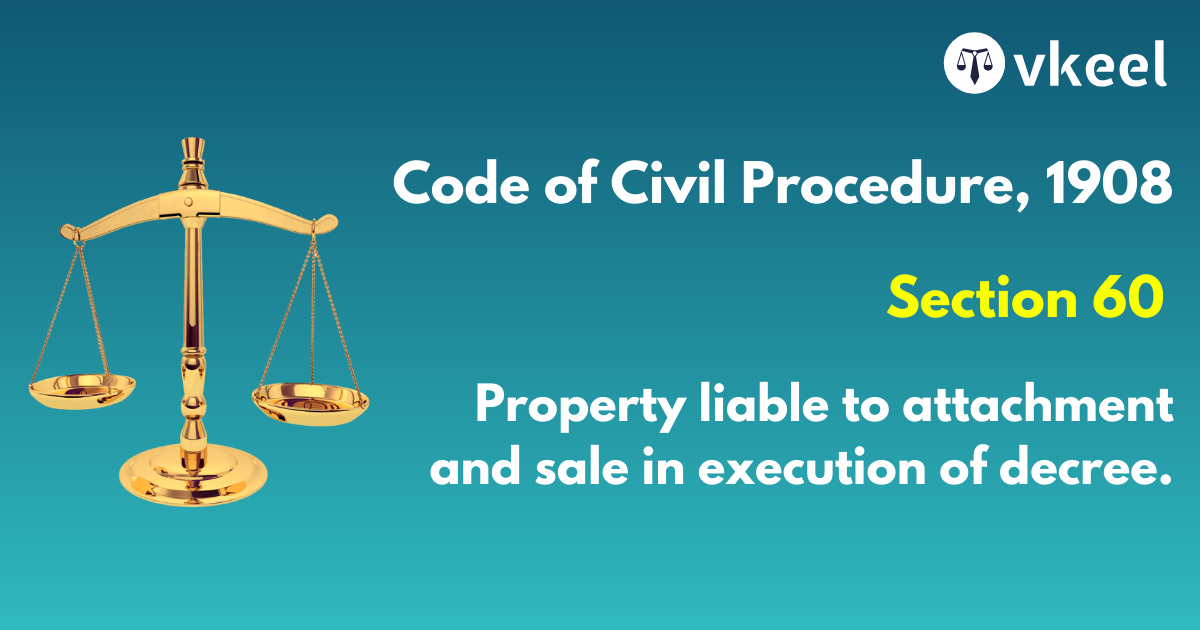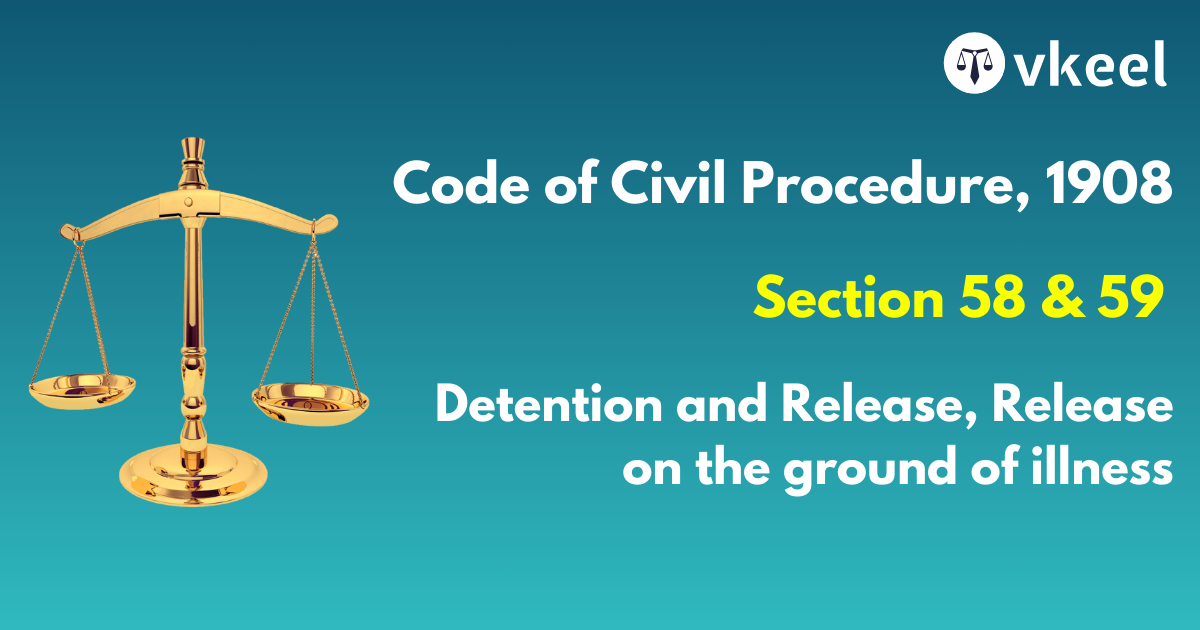Section 47 of the Code of Civil Procedure,1908
By Joy Puri
Introduction
The Section 47 of the Code of Civil Procedure talks about the questions and the aspects which has to be kept in mind while passing the execution decree.
The certain questions include the questions arising between the parties to the suit or the representatives who are representing the parties in the court of law.
Whether the representative is valid in its existence or cannot become a representative of the preson is also a question which the court of law has to determine.
Section 47 of the Code of Civil Procedure,1908
Questions to be determined by the Court executing decree.
(1) All questions arising between the parties to the suit in which the decree was passed, or their representatives, and relating to the execution, discharge or satisfaction of the decree, shall be determined by the Court executing the decree and not by a separate suit.
Sub-section (2) omitted by Act 104 of 1976, s. 20 (w.e.f. 1-2-1977).
(3) Where a question arises as to whether any person is or is not the representative of a party, such question shall, for the purposes of this section, be determined by the Court.
Explanation 1- For the purposes of this section, a plaintiff whose suit has been dismissed and a defendant against whom a suit has been dismissed are parties to the suit.
Explanation II- (a) For the purposes of this section, a purchaser of property at a sale in execution of a decree shall be deemed to be a party to the suit in which the decree is passed; and
(b) all questions relating to the delivery of possession of such property to such purchaser or his representative shall be deemed to be questions relating to the execution, discharge or satisfaction of the decree within the meaning of this section.
Landmark Case Laws
Prasanna Vs Kalidas, 19 IA 166
The conditions necessary for application of this section are: (1) the question must relate to the execution, discharge or satisfaction of the decree and (2) it must arise between the parties to the suit in which the decree was passed or their representatives. One purpose of the section, as Lord Macnaughten said, is that “it is of utmost importance that all objections to execution sales should be disposed of as cheaply and as speedily as possible”. The judicial Committee have therefore recommended a liberal construction of the section, so that question capable of determination by the executing court may be disposed of by it and parties should not be driven to an independent suit unless the case be clearly outside its scope and purview.
Rafique Bibi Vs Sayed Walidduin, 2004
A distinction exists between a decree passed by a Court having no jurisdiction and consequently being a nullity and not executable and a decree of the Court which is merely illegal or not passed in accordance with the procedure laid down by law. A decree suffering from illegality or irregularity of procedure, cannot be termed inexecutable by the executing Court; the remedy of a person aggrieved by such a decree is to have it set aside in a duly constituted legal proceedings or by a superior Court failing which he must obey the command of the decree. A decree passed by a Court of competent jurisdiction cannot be denuded of its efficacy by any collateral attack or in incidental proceedings
Surinder Vs Ramsarup, 1944
This principle cannot thus obviously apply when a judgment-debtor may raise and raises an objection before the executing court invoking the executing court’s exceptional power to refuse to execute the decree on the ground that it is a nullity or passed without jurisdiction, because the judgment-debtor is not bound to raise this question before the executing court as the only forum, he being entitled to raise this question in a separate suit also
JD Singh v Calcutta Port Trust, 1994
Even when the judgment- debtor raises this question before the executing court, as he may and not must, inasmuch as executing court has not the competency to decide this question fully, when the question is that the decree is without jurisdiction, because the executing court is not competent to go beyond what appears on the face of record, any decision on this question cannot and will not also operate as res judicata barring the judgment-debtor from raising on this matter a separate suit in a competent court where all the necessary facts may be investigated and finally determined. Of course where the decree is otherwise a nullity and the judgment-debtor raises the question before the executing court and the court hears and determines this question finally by going into all the necessary facts on taking all necessary evidence, the question may be res judicata in a particular case and a separate suit subsequent thereto may be barred. But that is a different matter. Hence, it is submitted that an objection of judgment-debtor that a decree is inexecutable being a nullity or passed without jurisdiction is not an objection falling under section 47. It is only an objection by way of invoking executing court’s exceptional power under section 38 to refuse to execute the decree in the initial stage before proceeding further with its execution on the ground that it is not a decree at all being a coram-non-judice. The point of lack of jurisdiction in passing an award under the Arbitration Act can be raised even in an application for execution of the decree passed upon the award provided the point as to the jurisdiction has been transmitted as such from the award to the decree and has not ended prior to the award ripening into the decree.
Conclusion
The questions thereby which arise and support the court thereof helps in better delivery of justice in the country satisfying all the required and requisite conditions.
Disclaimer:
The information provided in the article is for general informational purposes only, and is not intended to constitute legal advice or to be relied upon as a substitute for legal advice. Furthermore, any information contained in the article is not guaranteed to be current, complete or accurate. If you require legal advice or representation, you should contact an attorney or law firm directly. We are not responsible for any damages resulting from any reliance on the content of this website.

